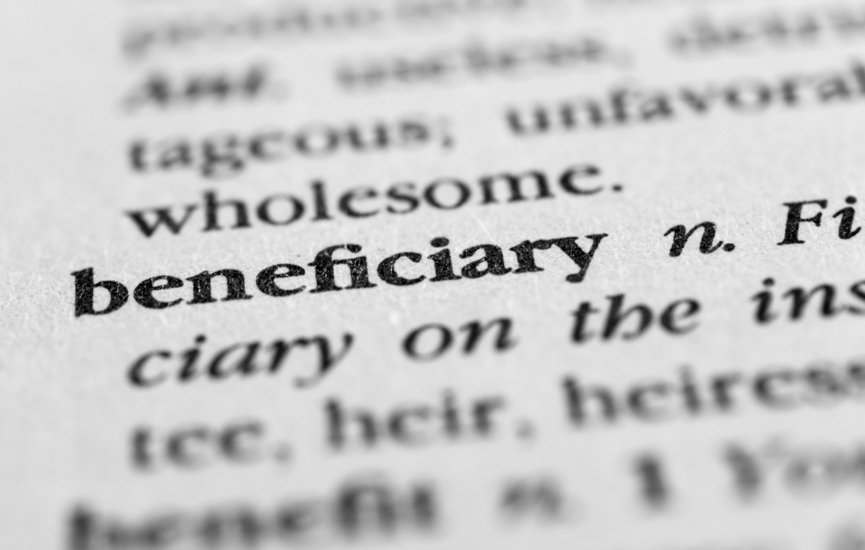When opening or updating IRAs and company retirement accounts, most people do not hesitate to designate their minor children as direct beneficiaries. In the absence of a surviving spouse, it is reasonable to desire that your children inherit your retirement savings.
However, these same account holders are often unaware of the risks associated with not carefully evaluating the precise designations.
We asked Karen M. Stockmal, Esq., an estate attorney in Berwyn, Pennsylvania, and Fellow to the American College of Trust and Estate Counsel, for her perspective on the matter. (Stockmal’s website is www.kmslawoffices.com.)
Stockmal stressed that when a minor is the named beneficiary of a deceased parent’s IRA, there are typically several hurdles to simply transition the assets to the minor’s name. An executor has no authority to communicate with the IRA custodian, which can make it difficult to even start the process. Often, the custodian will require that a court approve a guardian of the minor’s estate, who then will need to contact the custodian to open an IRA for the minor’s benefit.
If your goal is to maximize the assets in your IRAs for the well-being of your minor child, a see-through trust deserves strong consideration.
Next, annual reports will then often be required by the court. According to Stockmal, in Pennsylvania the guardian can use income from the IRA for the minor’s support, but nothing more, without the court’s consent. All of this can lead to a tremendous amount of time and money spent on administration; and much of that could have been avoided with some additional estate planning.
Alternatively, Stockmal advises creating a “see-through” or conduit trust for the benefit of the minor to inherit the IRA assets. This way, the parent can name a trustee, who after the will is probated, can then accept the position and immediately begin managing the IRA assets left to the minor.
In this way, with the legal representative already in place, much of the cumbersome court-related procedures and IRA custodian red tape can be avoided. The trustee will have full control of the IRA and at the very least will pay the required minimum distributions (RMDs) for the minor’s care and support each year. It is essential that the see-through trust created to manage the IRA assets strictly adhere to applicable laws and regulations. A properly worded trust can allow the RMDs to be stretched over the life expectancy of the minor, thereby maximizing the IRA’s tax-deferral benefits. If you decide to create a trust for the benefit of your minor child as beneficiary to your IRA, be sure to follow the IRA custodian’s procedures for naming beneficiaries. It is not enough to just draft a will and a trust in line with your beneficiary choices. Your actual IRA beneficiary designations must be also be updated to reflect your estate-planning decisions.
While the drafting of a trust document and eventual resulting trust administration will require time and effort, the consequences of leaving IRA assets directly to a minor can cause unintentional headaches for your family, friends and trusted advisors.
Therefore, if your goal is to maximize the assets in your IRAs for the well-being of your minor child, a see-through trust deserves strong consideration.
This article was originally published in the May–July 2017 issue of Worth.
















